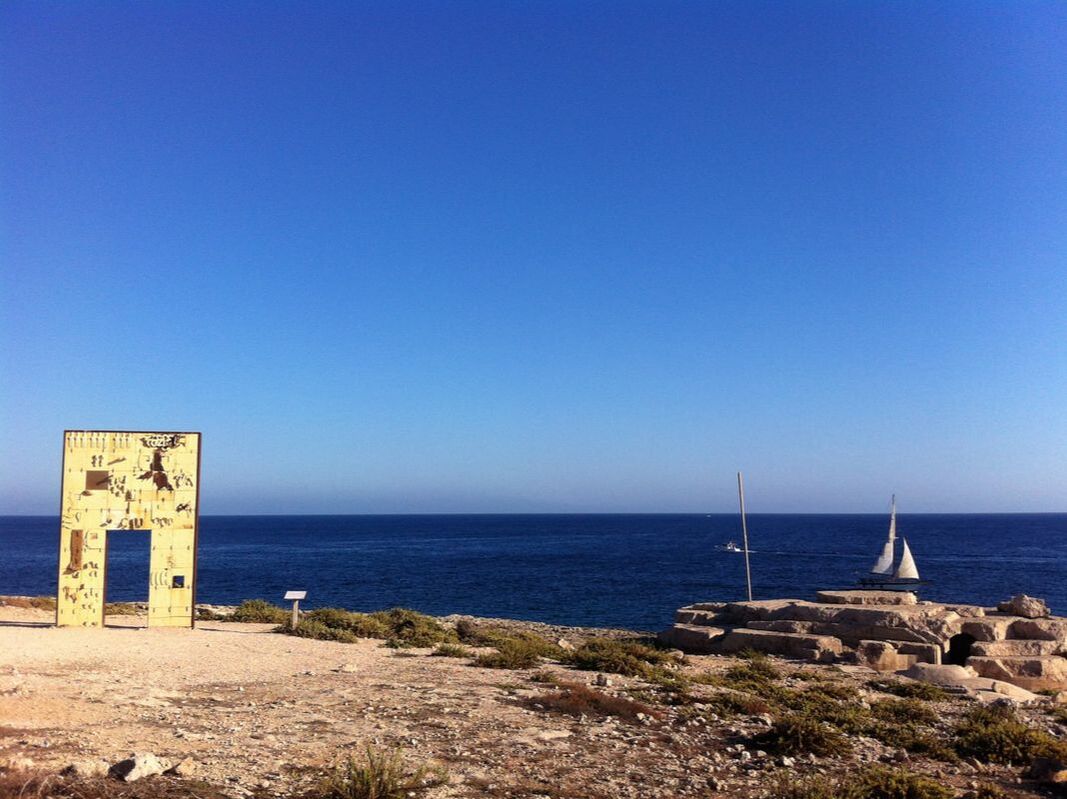|
|
|
Blog post by Emiliana De Blasio, LUISS University, Italy, Marco Palillo, University of Bradford, UK and Donatella Selva, University of Florence, Italy
Over the last decade, the Mediterranean Sea has become one of the deadliest migration routes for asylum seekers and migrants wanting to reach Europe from Libya. In response to the high numbers of deaths associated with perilous journeys and dangerous smuggling strategies, numerous non-governmental organisations (NGOs) have been operating in the Mediterranean Sea to provide search and rescue (SAR) operations to migrant vessels in distress at sea. Over the years, the new centrality of NGOs’ humanitarian efforts in the Mediterranean Sea in the Italian public and media discourse has led to significant tensions with right-wing parties. Most notably, Matteo Salvini’s League and Giorgia Meloni’s Brothers of Italy have repeatedly criticised NGOs involved in SAR operations for facilitating irregular migration flows and defying Italian border control policies. Since its inauguration in October 2022, the newly installed government led by Giorgia Meloni has engaged in a series of clashes with NGOs running SAR operations in the Mediterranean Sea as part of the government’s hard-line stance on ‘illegal’ migration. In particular, Meloni’s government has promoted a new migration policy that introduces further restrictions on the capacity for NGO vessels to conduct multiple rescues in the same mission.
0 Comments
Blog post by Melanie Griffiths, University of Birmingham, UK
Political rhetoric around migration is often febrile. This has been especially evident in the UK in the last few years, with frequent talk of ‘crisis’ and ‘invasion’. Indeed, a government source in June 2023 described the small boats crossing the Channel as a ‘ticking time bomb’ threatening the UK’s social and economic security. Such discourse reflects an emotional turmoil of outrage and indignation, fear and panic, mistrust and repulsion. Alongside such splenetic rhetoric, however, the political response to irregular migration is also one of callous indifference and disregard. We see this lack of care demonstrated in the UK’s massive asylum backlog, with 170,000 asylum seekers now awaiting an initial decision. It is also reflected in the UK government’s plans to warehouse asylum seekers on boats and in military barracks, and to automatically banish new arrivals to Rwanda. These contradictory emotional displays act as a spectacle distracting from government failures to manage the immigration system effectively, but they have real-world impacts. This includes seriously and detrimentally affecting those navigating the immigration system, as well as wider societal impacts, with evidence of growing xenophobia and racially-motivated offences. |
|
Explore Identities at tandfonline.com/GIDE |
|
The views and opinions expressed on The Identities Blog are solely those of the original blog post authors, and not of the journal, Taylor & Francis Group or the University of Glasgow.


